Yesterday was the 15th anniversary of the September 11 attacks. It’s hard to believe it’s been 15 years.
Fifteen years ago, 411 emergency workers in NYC counted themselves among the victims of that terrifying attack, and 343 of them were firefighters.
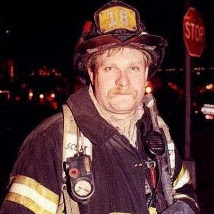 One of the volunteers we talked to sent us this photo of Lt. Andy Fredericks. “He was a Lieutenant with the FDNY, but taught in many places and wrote numerous articles. I didn’t know him personally, but I really looked up to him and he made me a better firefighter. As a member of Squad 18, he was lost on 9/11.”
One of the volunteers we talked to sent us this photo of Lt. Andy Fredericks. “He was a Lieutenant with the FDNY, but taught in many places and wrote numerous articles. I didn’t know him personally, but I really looked up to him and he made me a better firefighter. As a member of Squad 18, he was lost on 9/11.”
So we wanted to dedicate this month’s Hustle interview to a volunteer firefighter (because The Hustle is about guys doing what they love in addition to a job that pays the bills), and then we thought, “Why not all the volunteer firefighters?”
Well, because there are roughly 788,000 of them in the U.S., that’s why. 69% of American firefighters are volunteers.
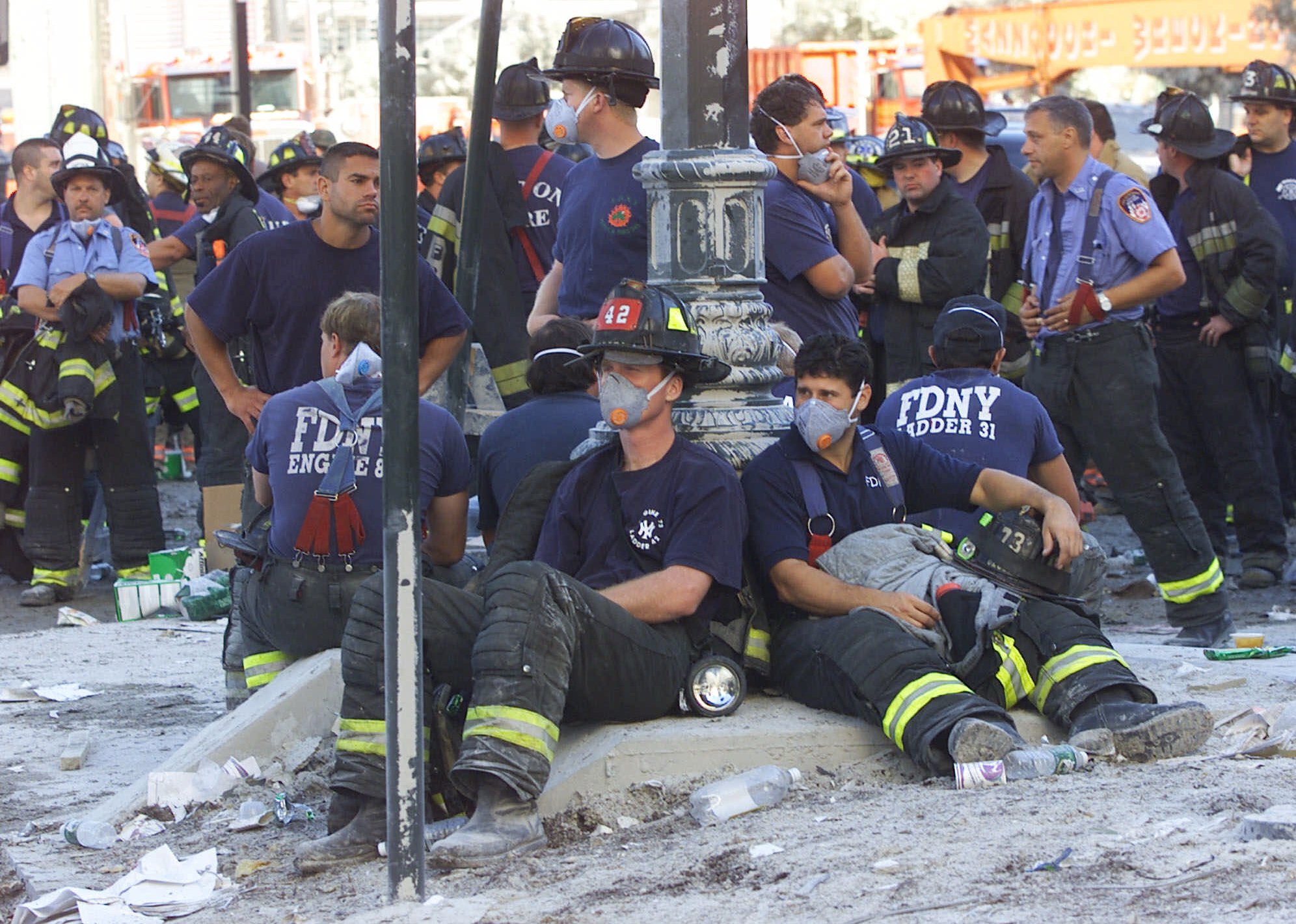
We got a hold of a few, though, and asked a few questions about volunteering to run into burning buildings, September 11, and more.
Is there a difference between volunteer firefighters and professional/paid firefighters—in training, expectations, etc.?
Being a volunteer firefighter is almost an American tradition, as anywhere from 60 to 70% of this nation’s firefighting force, are still volunteers. The main difference between a volunteer firefighter and a paid firefighter is the paycheck. The mission’s the same; the equipment is the same; the training is largely the same. The risks are largely the same.—Paul Schewene, Retired Volunteer Firefighter/EMT
As a volunteer I usually responded to more fire calls then as career firefighter in any given six month period. Of course I got more training as a career firefighter, and was more familiar with our first in area due to familiarization tours and fire prevention inspections.—Dan Cook; Retired Volunteer, Paid Call, and Career Firefighter
 [Volunteer firefighters] must go through, and pass, the exact same classes (F1, FF2, HazMat, medical/EMT, and many more) as career firefighters. The only difference is that they don’t get paid. The majority of fire departments in the US are volunteers.—James Bronico, Volunteer Firefighter in NJ
[Volunteer firefighters] must go through, and pass, the exact same classes (F1, FF2, HazMat, medical/EMT, and many more) as career firefighters. The only difference is that they don’t get paid. The majority of fire departments in the US are volunteers.—James Bronico, Volunteer Firefighter in NJ
What was the scariest thing you’ve experienced as a volunteer firefighter?
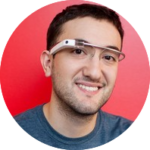 Around 1:30pm on Sunday, July 26, 2009 I got paged for an automatic alarm at the town library. My crew and I investigated and there was no emergency, so we started to leave.
Around 1:30pm on Sunday, July 26, 2009 I got paged for an automatic alarm at the town library. My crew and I investigated and there was no emergency, so we started to leave.
All fire trucks have radio scanners, so we can hear audio of the county communications with other local departments. At this time I overheard an alarm for a neighboring department for an MVA with injuries on the Taconic State Parkway. … When a neighboring department’s alarm sounds for something legitimate, everyone listens closely, because we’re eager to be called in to help.
However, that excitement quickly subsided when I heard the first unit arrive. Protocol is to announce your arrival and give a size-up, which is a verbal description of the scene to help prepare other incoming units. This chief’s size-up was the most chilling thing I’ve ever heard as a firefighter: something along the lines of “On scene. Motor vehicle fire. There are children trapped.” It wasn’t as much his words as it was the fear in his voice that shook me.
We returned to the station and listened to the scanner for updates. One of the younger members of my company was still showing an eagerness to be called to the scene. I just remember telling him, “You don’t want to go to this one.”
It’s the scariest experience I’ve had as a firefighter and I wasn’t even there; I only heard it unfold over the radio. I’m thankful that we were never asked to go.—Rick Viscomi, Volunteer Firefighter, Ex-Captain
My scariest experience as a volunteer firefighter (or as a paid one for that matter), occurred somewhere in my first two years on the department. I was the backup on a hoseline for an interior crew at a house made of old telephone poles.
The owner of the home worked for the telephone company and got the poles at a discount, then built a rental home on his property from it. Think of a log cabin with interior, log walls except all the walls were telephone poles. The biggest issue is that the poles were creosote treated which created a nasty, thick, black smoke.
When we arrived there was a large amount of thick, black smoke which is not uncommon for fires, but it led to an inability to initially determine where the fire was located. As our crew moved the hose into the structure, we found some fire in a half bath. We were hitting this fire (which causes more darkening and smoke) when I took a breath and got a lung full of smoke. I took another before I realized the tube from my regulator had come off my mask.
I was scared $hit!ess. Every breath I took, even though I was trying to hold my breath, was smoky and nasty and it was one of those fires where you couldn’t see your hand in front of your face.
I tapped the nozzle guy on the shoulder and yelled “SCBA failure, I gotta go!” and made my way to what I thought was the door. My training completely failed me. I should have put the tube into my coat (to act as a filter) and followed the hose out to the door. I didn’t do either. I made a wrong turn coming out of the bathroom and ran into a closed door (fortunately, or I would have ended up in a completely darkened bedroom, away from the door to the outside), but soon got my bearings when I saw daylight coming through the side door where we entered.
When I came out, coughing my head off, one of those old, grizzly firefighters I looked up to so much said “Spencer, you pussy! You left your partner because you have to cough a little?” My partner came out soon, laughing at me. I was fine soon thereafter.—Spencer Cheatham
As a volunteer? Probably the five story fall I took in a rope training exercise. But that was over so quickly, I can’t really say how scared I was.
The other one that comes to find is when the firefighter driving the grassfire truck panicked and floored it when the winds shifted and sent 10 foot flames our way in a complete circle. My buddy and I had to fight our way out with a few hand tools and no water. That, my friend, was scary. That firefighter was let go a few weeks later.—Mike Chlanda, 29 years on fire department, paid and volunteer
Why on earth do you volunteer to run into burning and otherwise unstable buildings?
It’s a matter of their beliefs and mindset. I’m not saying firefighters are crazy, but the stuff we have to do and things we see are not for the faint of heart. You may be saving strangers most of the time, but you can also be helping friends, neighbors, even family, which can be hard for some. I think the main thing that makes people want to be a FF though is the pride of helping other people and the brotherhood that comes with the title.—James Bronico
The desire to be a volunteer firefighter, for me, was nothing more or less than wanting to be there for my neighbors—the same way I’d hope they’d be there for me if I was in trouble.
I don’t subscribe to the idea that ‘firefighters are special,’ personally speaking. My thought is, a firefighter is just a human being who refuses to stand idly by while a fellow human being is in trouble. And I HOPE TO HELL, that MOST human beings feel that they’d rather try to help someone out of a fix than just stand there and watch that person suffer tragedy.—Paul Schewene, Retired Volunteer Firefighter/EMT
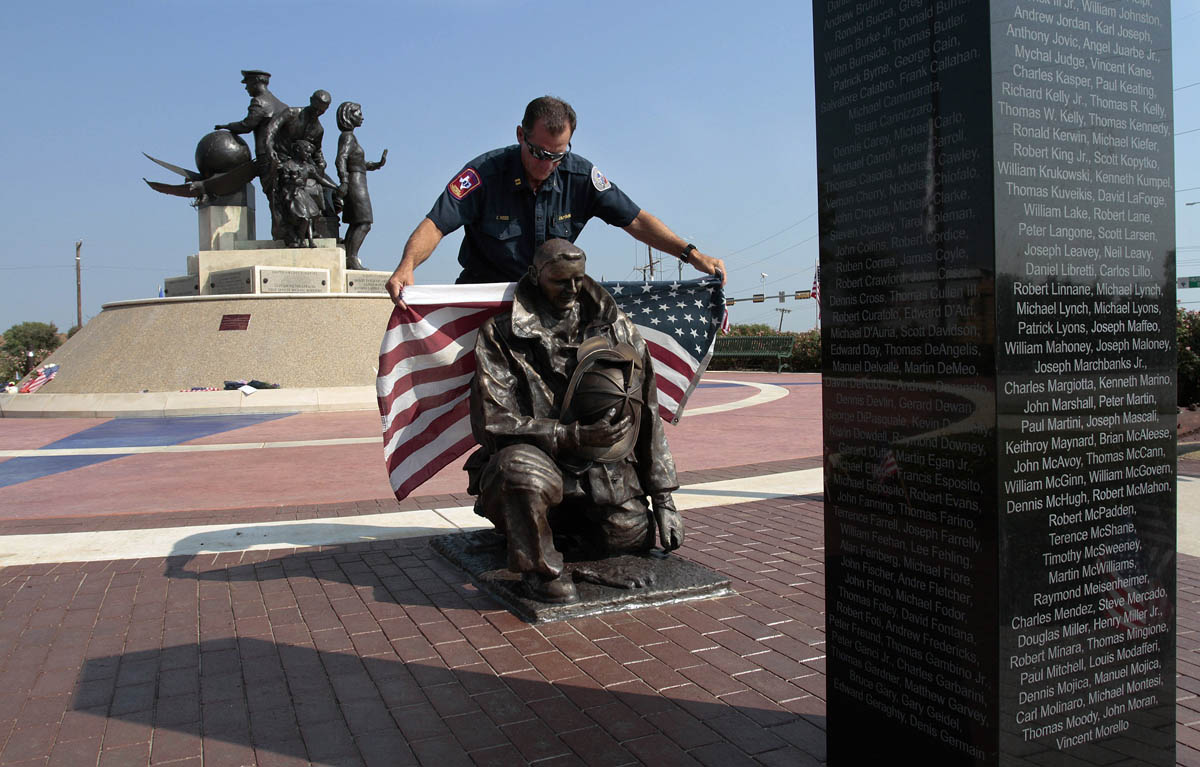
Does 9/11 mean anything more to you, as a firefighter, than it seems to mean to other people around you?
I was young when 9/11 happened, but I think it is part of what made me want to be a firefighter. And yes, it does hit closer to home. I think of all the people that go to work just like me when their pagers go off to help a complete stranger, and to have 343 of them die in one day is terrible.
It also made me want to learn more. Ever since I was young—around 8 or 9—I have been interested in the attacks, especially the twin towers, because EMS from my town are some of the many that responded. Two people in my department were there that day. I have read every book I can find, watched every documentary I see, and yes others do that too, but I think most firefighters, I know I do, see them from a different perspective than a normal citizen.—James Bronico
It definitely has a different impact on me compared to my peers. I was young when the attack happened but … from then on my idea of patriotism and how I could serve those less fortunate flourished. I think of the 343 and think, “Damn, I can’t imagine how much it took for them to walk in there.”
As a first responder (a young one at that), 9/11 has a more significant impact on myself than others my age. My freshman year they made me watch a film about 9/11 on my first or second day of school. I had to sit in the back I was so chocked up the entire time, while kids are shooting the shit or on their cell phones. I was with my local FD and ambulance at that time, so I had the smallest taste of the brotherhood and that bond was forged. When one of us die, a part of all of us do. We are the job. Without each other the job is nothing.—Emily Wyso
I was about to be 33 (next day) when the attacks happened. I had just started working full-time for a private ambulance (pt 4 yrs) so they would cover medic school. I worked that day.
I think I was eating breakfast when news broke of the first hit. Then second. By the time I got to work the first tower was down. I watched the second on TV standing in the comm center. The mood was somber and fearful. I remember the eerie, subdued attitude of the FDs we ran with. It was hard to imagine why it happened and what more might. I’ve been with FD since the year after and it’s still hard when any brother or sister is lost, but 9/11 was deliberate and stings just a bit more.—David Wayne, Lt. Firefighter/Medic
Wow, what a question. I don’t know if it means more to me, I think it’s just different. All I can do is relate my experience working that day.
I got called in on 9/11, maybe around 11 or noon. I had no idea what was going on, like anyone really did at that early hour.
As I was getting my gear on, the chief came up to me. “Know what’s going on?”
I shook my head. “All I know, Colin, is the Twin Towers fell, some planes flew into them, and there’s a shitload of brothers missing.”
He nodded. “Well, it looks like a terrorist attack. I want you to be officer on 801.” 801 was our first run engine, and I was senior lieutenant on the fire department.
I asked if I could have my regular driver, Jack. Colin nodded. “Take your whole crew.”
“Thanks.” If I was going out on runs with terrorist overtones, I definitely wanted people I worked with for years, that I trusted, that could read my mind, that I knew I could count on.
The chief nodded. “You got it. Jimmy’s not here, but pick someone you trust.” He knew how much that meant.
We were never that close, but I appreciated the gesture of giving me first due rig, and I told him. He slapped me on the shoulder and said, “A-team, A-game today.” and walked away.
I picked Dave. We got together for a little rally behind 801. Usually it’s light-hearted, but this definitely was not that time. Usually it’s about little stuff, any road closures we needed to know about, that sort of thing, and we put hands together at the end, and I would say “We all go home safe,” we clasp hands, and say in unison, “Rock and roll.”
This time was pretty somber. I looked around. “You guys know what’s going on, right?”
They all nodded. I went on. “I can’t promise you, or any of us, is going home tomorrow. We have a bunch of missing brothers in New York There’s gonna be more before the day’s over.”
I looked around, meeting each person’s gaze. “But today, today, we are all going to do our fucking jobs. Is everyone real clear on that?” One at a time, they all nodded.
We clasped hands, and uttered the most somber “Rock and roll” ever.
I have never had such dread responding to calls as a firefighter, or lieutenant. There were no big calls that day, a lot of false alarms where people thought they heard or saw something. But every single call that day on the way to the scene, I thought it might be my last call.
In 29 years on the fire department, I’ve survived a 5 story fall, fell off roofs, fell into burning basements, and more, but I was never more sure than 9/11 that I was not going home that day. That sense of dread on every call sticks with me every 9/11.
And the FDNY brothers in the 9/11 documentary, taking orders, starting their way up the staircases to render assistance, knowing there was a helluva chance they were going to die?
It makes me proud to be a firefighter. We follow our passion, we believe in our mission, and we do our job.
And we do this for our brothers and sisters on the fire department. Especially the absent ones.—
Mike Chlanda

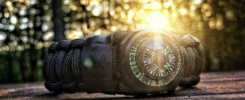
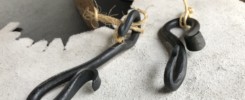
Thanks for this guys.